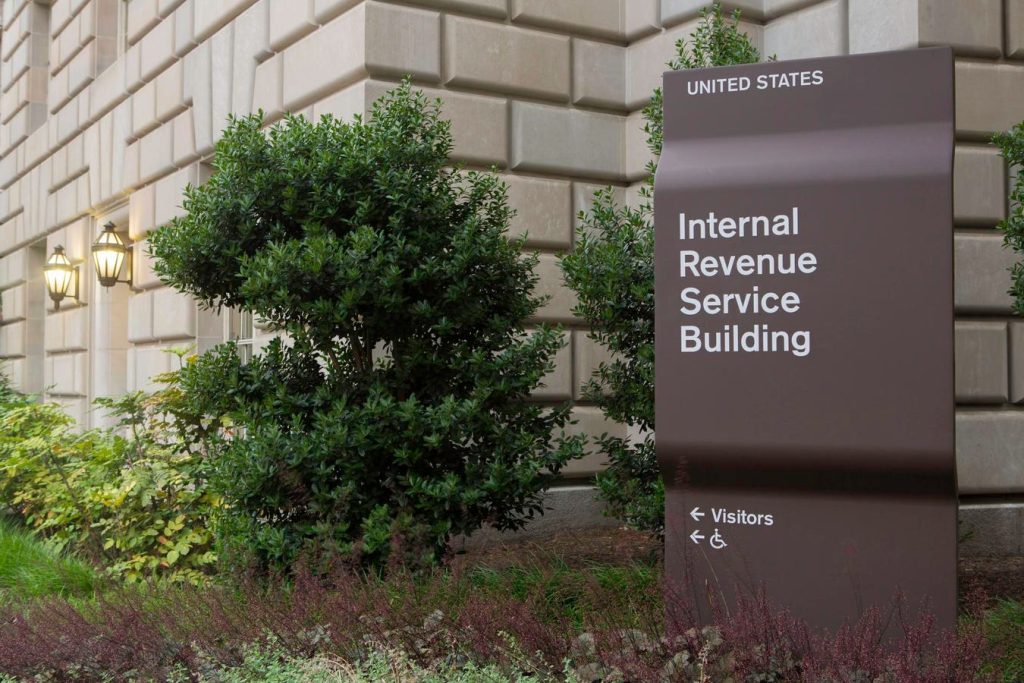The IRS issues its “Dirty Dozen” list every year. Although the list does not necessarily arise to a formal enforcement policy, it does provide insight into what the agency sees each year and what taxpayers and tax professionals should watch out for.
On April 10, 2024, the IRS’s Dirty Dozen included a caution to wealthy taxpayers to avoid three potential scams made by “dishonest promoters and shady tax practitioners.” Notably, two of these scams are already subject to proposed regulations that would render them listed transactions if finalized, which would require additional tax reporting disclosures. All three of these scams are discussed more fully below.
Art Donations
Special rules apply to charitable contribution deductions of appreciated property. In certain instances, taxpayers may donate such property, avoiding recognition of capital gains while also receiving a full fair market value charitable contribution deduction. With respect to donations of artwork, a taxpayer generally receives the full fair market value donation amount if the qualifying charity will use the artwork in a manner related to the charity’s tax-exempt purpose.
In the Dirty Dozen announcement, the IRS notes that it is aware of a scheme aimed at wealthy taxpayers where promoters encourage them to purchase art at “discounted” prices. After a year or more the promoters advise the taxpayers that the art has materially appreciated, resulting in a large charitable contribution deduction. The agency cautions that it has a special team of trained art appraisers who routinely assist the IRS in art valuation matters.
CRATs
Charitable Remainder Annuity Trusts (CRATs) are a form of charitable remainder trust. Generally, CRATs make annual payments to private beneficiaries for life or a term of years with any remaining amounts paid out to charities. The grantor of a CRAT receives a charitable contribution deduction—moreover, the grantor does not have to recognize capital gains for contributions of appreciated property to a CRAT. Finally, CRATs are treated as tax-exempt with only distributions from the CRAT to private beneficiaries subject to taxation under special ordering rules.
According to the Dirty Dozen announcement, promoters are pushing wealthy taxpayers to enter into schemes where appreciated property is contributed to a CRAT. The promoters take the position that there is no gain on the transfer and also that the CRAT receives a step up in basis for the transfer. When the CRAT later sells the property, it recognizes no gain and then purchases a single premium immediate annuity (SPIA). The CRAT’s private beneficiary receives distributions from the CRAT and takes the position that only a small portion of the annuity received represents income. The IRS cautions that such a view is a “misapplication of the law relating to CRATs”.
On March 25, 2024, Treasury issued proposed regulations that, if finalized, would render these types of transactions as listed transactions. Listed transactions are subject to more rigorous disclosure requirements and penalties for non-disclosure of the transaction.
Monetized Installment Sales Transactions
Monetized installment sales transactions (MISTs) have been on the Dirty Dozen list for some time—since at least 2021. Under this scheme, a promoter looks for taxpayers who want to monetize appreciated property without adverse tax consequences. In a typical MIST, the following occurs:
· The taxpayer sells the appreciated property to an intermediary and, in exchange, receives an installment note. The note is usually structured as a balloon payment.
· The intermediary who receives the appreciated property transfers it to the purchaser with the intermediary receiving the full purchase price.
· The intermediary then lends those funds to the seller with the seller executing a note to the intermediary. This note usually has the same or substantially similar terms as the previously mentioned note.
The Dirty Dozen announcement cautions wealthy taxpayers that MISTs do not work as promised in that gain from the sale of the property should be fully recognized through the transactions.
Similar to abusive CRATs, Treasury issued proposed regulations on August 4, 2023, that, if finalized, would cause these transactions to be subject to the listed-transaction reporting rules.
Summary
The IRS has made it known that it intends to use more of its resources to target wealthy taxpayers. These taxpayers should therefore be extra careful in entering into abusive tax transactions, such as those identified in the Dirty Dozen list. As the list notes, their failure to do so may result in civil and criminal penalties.
Read the full article here

